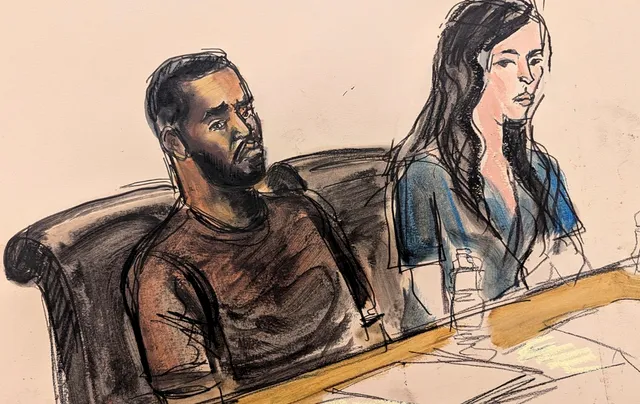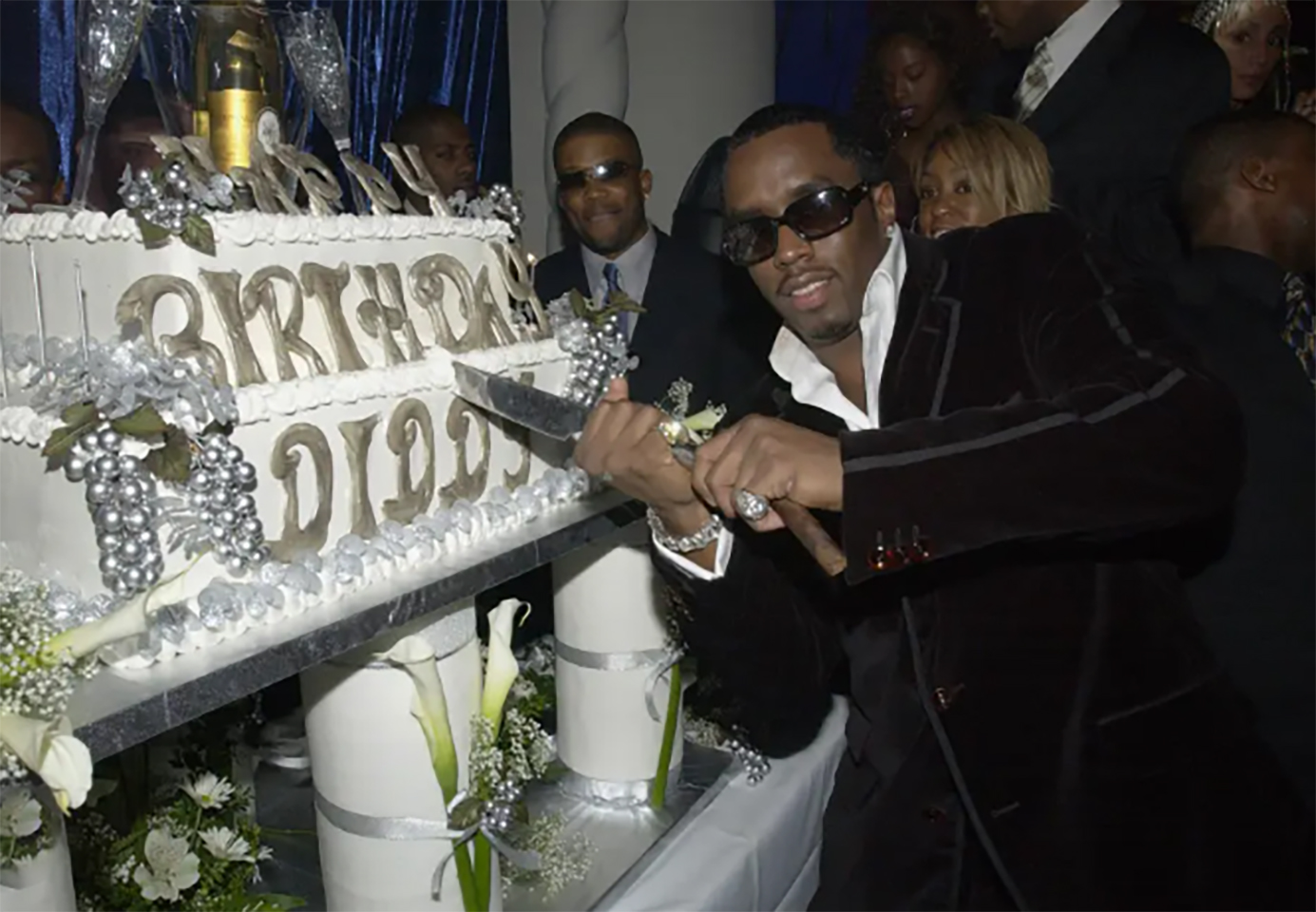When the doors swung open on May 12 for United States v. Sean “Diddy” Combs, spectators got whiplash from the dueling stories laid out in just under ninety minutes of opening statements. Assistant U.S. Attorney Emily Johnson framed Combs as a “criminal kingpin” who ran a two‑decade sex‑trafficking and black‑market empire behind the glossy façade of hip‑hop royalty. Defense lawyer Tenny Geragos fired back that prosecutors are twisting a messy love life into racketeering theater to feed public outrage—and that the government’s star witnesses have “millions of reasons to lie.”

Prosecution: A Predator in Designer Clothes
Johnson wasted no time shattering Diddy’s celebrity halo. Pointing at the defendant, she told jurors, “To the world he was Puff Daddy. To these women he was a trap.” Her narrative hinges on freak‑offs—private, drug‑laced sex parties she says Combs choreographed from 2004 to 2024.
-
Coercion by chemistry. Johnson alleged partygoers were given—or secretly dosed with—ketamine, ecstasy, and GHB, stripping them of consent while Diddy recorded the encounters for leverage.
-
Blackmail as business model. Prosecutors say those videos became insurance: speak out and your career, reputation, or family would be destroyed.
-
Violence on tape. Jurors will see the 2016 hotel‑hallway video in which Combs beats longtime girlfriend Cassie Ventura after, Johnson claims, “hunting her with a gun.”
-
Pattern and practice. Beyond Cassie, Johnson introduced Jane (a single mother) and Mia (a former assistant), plus unnamed employees allegedly pressed into procuring drugs or dragged into SUVs at gunpoint.
-
The king mentality. Johnson’s parting image was Combs referring to himself as “the king,” surrounded by bodyguards, assistants, and executives who helped procure “a thousand bottles of baby oil” and kept the machine running.
The message to jurors: expect hotel ledgers, text chains, drug kits, firearms—and that damning Cassie video—to prove Diddy turned fame into a decade‑spanning criminal cartel.

Defense: Toxic Love ≠ Federal Crime
Geragos answered with what she called “the uncomfortable truth” about a superstar who parties hard, enjoys consensual group sex, and once committed horrific domestic violence—but not sex trafficking.
-
Owning the ugly parts. She conceded the 2016 Cassie assault was “horrible, dehumanizing, violent,” yet insisted it proves domestic abuse, not racketeering.
-
Agency, not captivity. Cassie stayed 11 years, Geragos argued, because she chose the perks of life with a billionaire, leaving only when she realized he’d never marry her. Strong women, she told jurors, don’t get forced—“they decide.”
-
Re‑labeling the freak‑offs. The defense rechristened them “hotel nights”—kinky, consensual rendezvous between adults in a swinger lifestyle, hardly federal offenses.
-
Mutual combat. For Jane, Geragos said the hallway fight started when she slammed a door on Diddy’s head; for Mia, she previewed “inconsistent stories.” The theme: volatile romances, not organized crime.
-
Follow the money. Cassie sued for $30 million, another witness seeks $22 million; the defense hammered the notion that “millions of reasons” can color a story.
-
Context over spectacle. Waving off the baby‑oil stockpile with, “Is that a federal crime?”, Geragos tried to deflate the prosecution’s shock factor and promised jurors text messages proving ongoing consent.
Her final plea: listen to all the evidence before crowning Diddy a monster.

Two Strategies, One High‑Stakes Jury
Johnson’s approach is the sledgehammer—pile on grim detail, show a pattern of manipulation, and rely on visceral exhibits (especially the Cassie tape) to lock jurors’ emotions into place. The risk: if any marquee allegation crumbles, a narrative this sprawling can look inflated.
Geragos is playing scalpel defense—concede what can’t be hidden, redefine everything else as kinky but lawful, and punch holes in witness motives. Her gamble: jurors must accept that a superstar’s violent outbursts and drug‑fueled orgies can be separate from federal trafficking. If the government produces a single text or video contradicting “consent,” that house of cards may tumble

Why It Matters
Beyond Diddy’s fate, this case puts celebrity culture, sexual consent, and the line between vice and felony on trial. If Johnson wins, it signals that #MeToo‑era prosecutions can scale up to target the music industry’s biggest names. If Geragos persuades jurors, she may set a precedent for reframing extreme lifestyles as legally protected private conduct—so long as paper trails suggest consent.
Either way, the opening volley has ensured wall‑to‑wall coverage. Court watchers now await Cassie’s testimony, promised hotel records, and those purported “real‑time communications” the defense says will flip the script. Until then, the question lingers: will jurors see a criminal mastermind behind the mixing board—or just a deeply flawed icon living out loud?